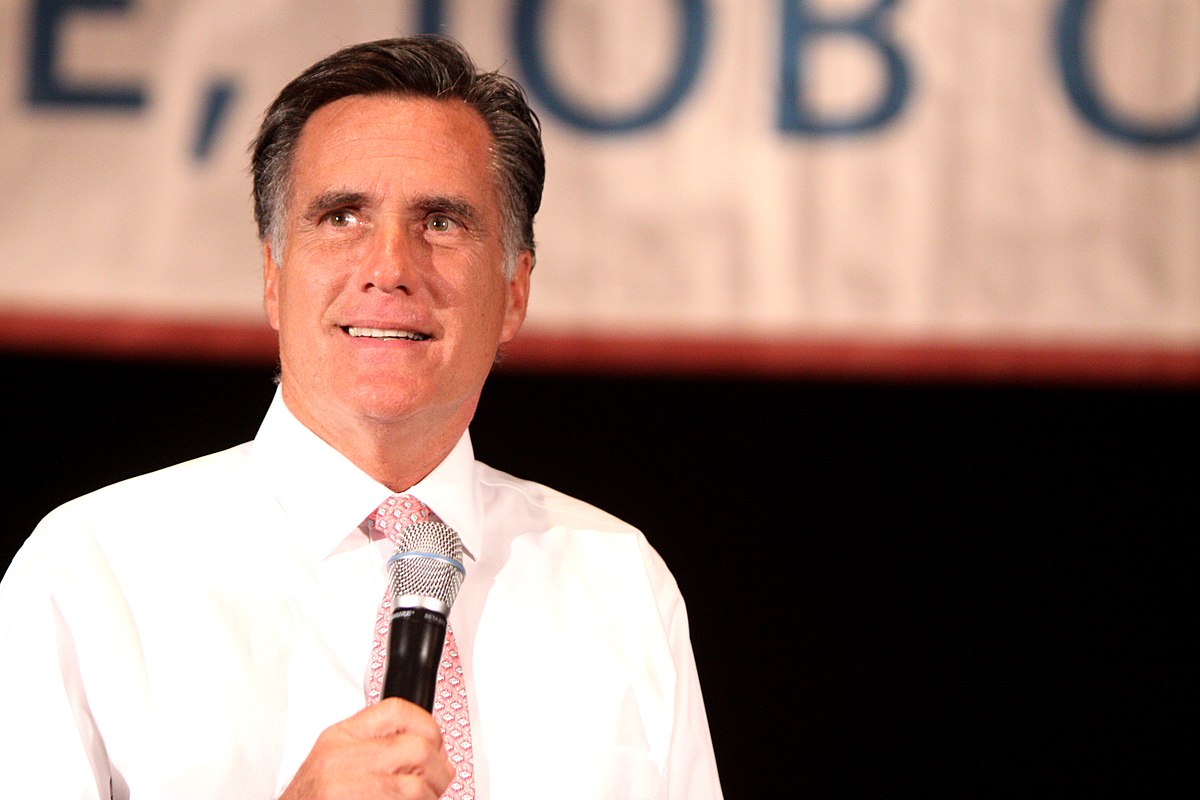Senator Mitt Romney (R-UT) isn’t thinking about a second term as he increasingly disconnects from his party.
Top Stories
- Biden Admin’s New Report On Gas Exports Basically Undermines One Of Its Key Conclusions December 22, 2024
- Trump’s Border Czar Has Plan For ‘Super’ Sanctuary County Wanting To Shield Its Criminal Migrants From ICE December 25, 2024
- Dem Mayor Facing Biden DOJ Indictment Says He’s ‘Looking Forward’ To ‘Partnering’ With Trump Admin December 24, 2024
- Why Real Republicans Don’t Like Romney December 22, 2024
- Navy Admits DOD Will Shell Out Funds For Obscure Environmental Initiative With No Impact On Military Readiness December 23, 2024
Top Videos
Get curated news content to your inbox
April 12, 2022 3:05 pm - Mitt Romney, News, Senate, Utah
5 min. read
Facing Waning Popularity and Strong Primary Challengers, Romney Looks Beyond Politics

via Gage Skidmore, CC BY-SA 2.0
